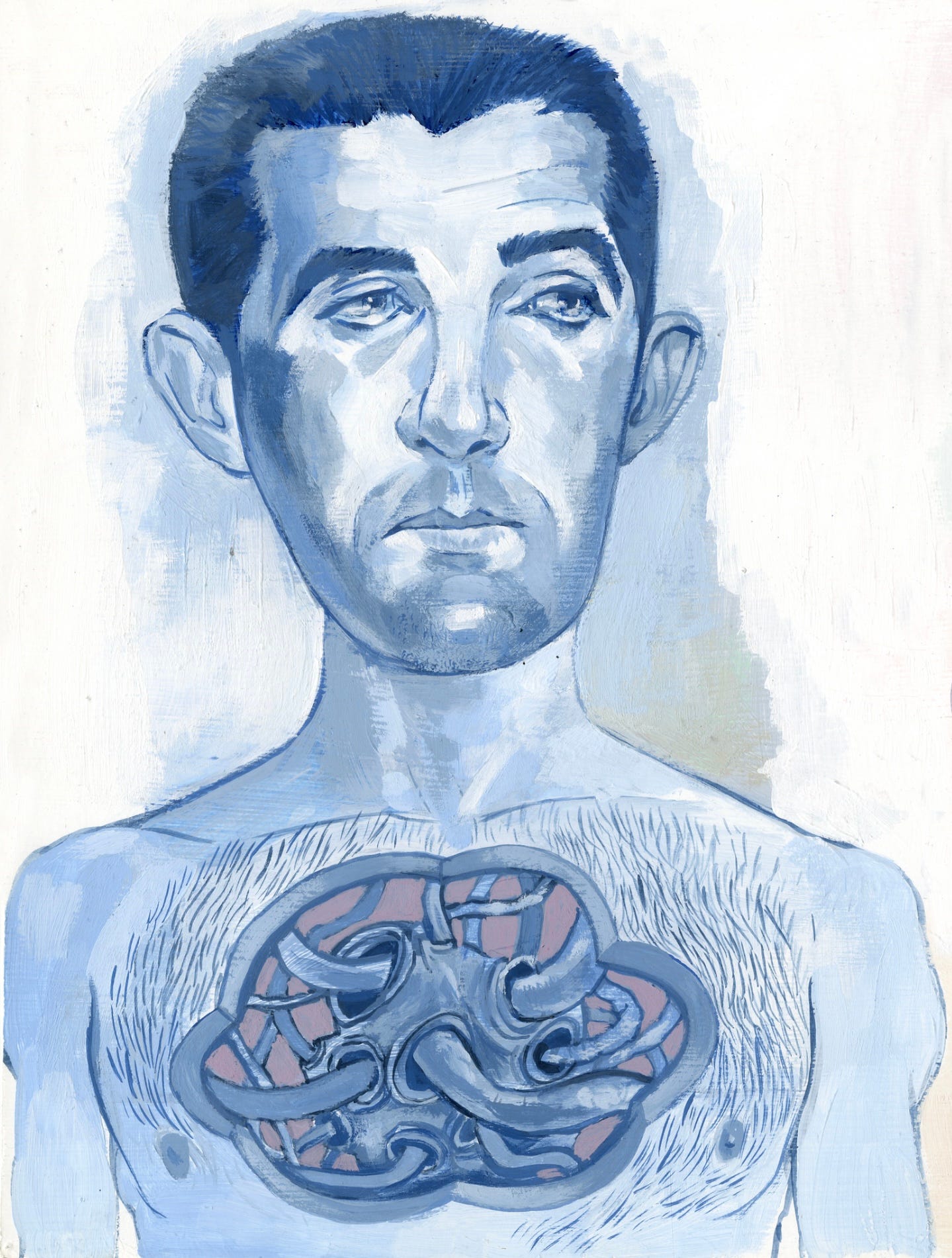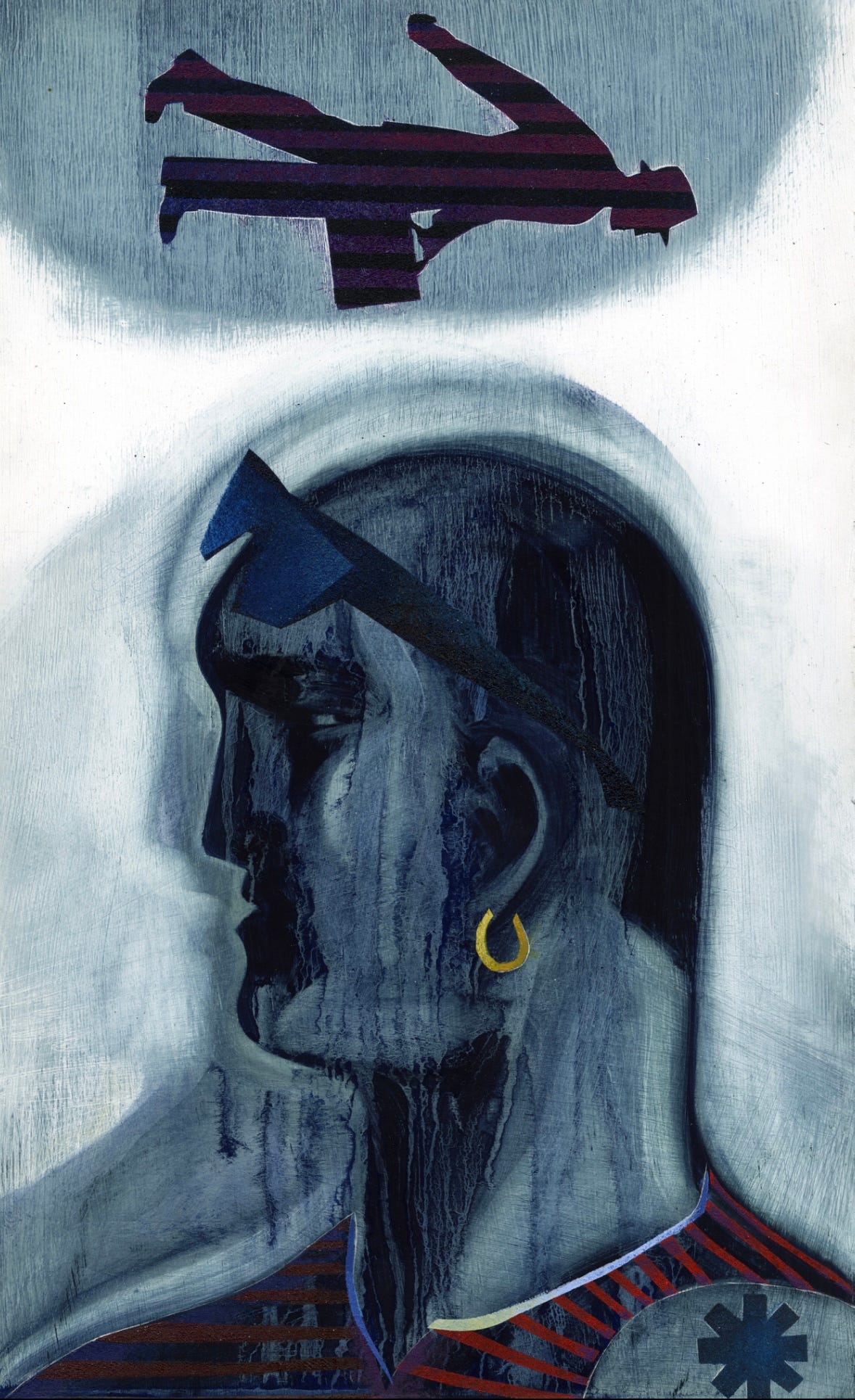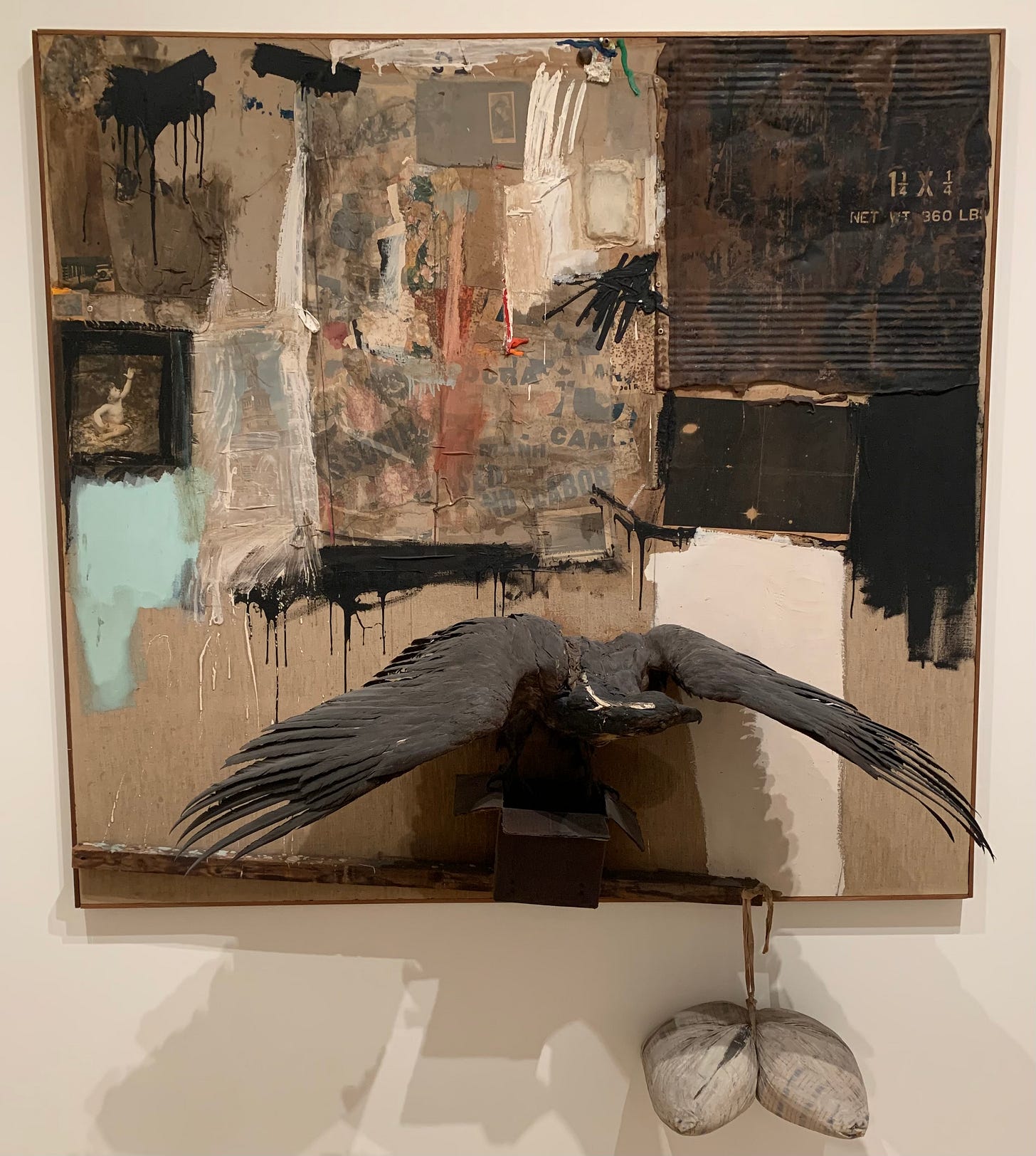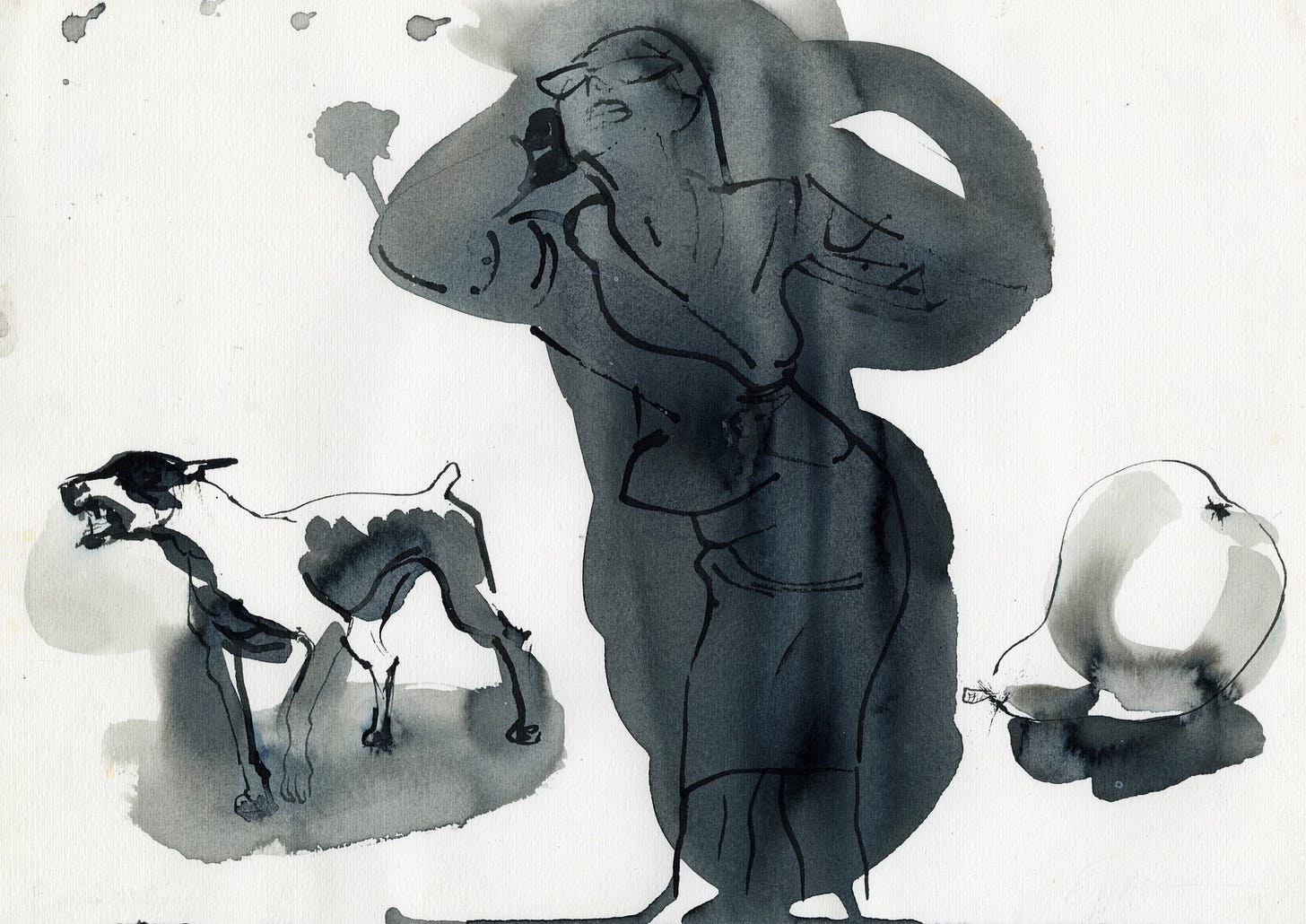A number of years ago I was part of an organization that had incredible potential to effect change. It failed because it lost sight of its values, there was mission creep, but it was the challenges of social and cultural change and the response to this that killed it. There is a lesson here for responding to A.I. for Colleges and Universities.
The worst response you can have as a change agent organization or institution is to put up mirrored walls, to look inward when the world needs you to see what lies ahead. A.I. is like insta-innovation, the ultimate seal of forward thinking relevance. As A.I. spreads into every aspect of our lives how do we understand it’s impact and where do we get a view that is not consumed by it.
In a recent essay in the Chronicle of Higher Education, Joseph E. Aoun, the President of Northeastern University lays out a broad case for the University as the best place to deal with the challenges of A.I.—-‘the future is here.’
It is no exaggeration to say that recent advances in artificial intelligence have brought us to a turning point in human history. After millennia of living within and adapting to the physical world, humans — particularly in developed economies — now occupy a digital world that is just as complex and multifaceted as the physical one.
A digital world that is just as complex and multifaceted as the physical one? Really?He goes further in another paragraph, …”people live in a rapidly changing digital world that is as meaningful and consequential as the physical and natural worlds, colleges must do more than meet a tactical need for acquiring new skills through lifelong learning.”
I beg to differ with this pull quote, The students of today — and of the future — are AI natives. No. They. Are. Not. Just as the original use of this reductive aphorism, ‘students of today are digital natives.’ was a gross over generalization associating kids playing computer games with some special insight into digital media. Why don’t we have auto mechanics design our transportation networks, they work with vehicles.
I agree with the overall premise of the essay, “…offering a framework for understanding and navigating the age of AI, colleges can put us on track to meet that future with confidence…” College’s and Universities are the best hope IF they can follow through on actually preparing students for the complexity and challenges outside their walls. How do you offer a ‘framework for understanding’ if you are flattening the mission of the institution to deliver willing participants for an A.I. Squid Game. Academic institutions should have a completely different incentive structure from business and government, but with the redefinition of student to client and the growth of ‘experiential’ learning (gotta teach them the real world), the walls are not just crumbling, they are being removed.
There is a trap laid by new technology that admins in schools step into, novelty is mistaken for relevance and innovative thinking. Data is mistaken for knowledge. Just as the org I was a part of lost its way, educational institutions are caught in the same whirlwind of the cutting edge, and are dancing on the cliff edge. When a College President frames the digital world as meaningful and consequential as the natural world, I am concerned that the game is already lost. Maybe he was focused on his sourdough starter during COVID while many of us were dealing with the profound learning loss of the pandemic. I learned how important it was to be in physical spaces, working with others and being informed by embodied experience.
Framing the A.I. revolution begins by addressing the frame being used to see and understand it. When we have techno optimists and digital utopians providing the lens to look at A.I., how can we expect to have any insight into its use or misuse. Academic institutions should help us to see how we see. The world is affected by how we look at it and how we exist in it physically must be the experiential learning we first draw from.
I’ll end with some ideas that I think present a way forward. This is an approach that informs my teaching and centres around an ecology of practice, with full credit to U of T professor John Vervaeke and his ongoing work on the ‘Meaning Crisis.’ He defines the ecology of practice as the habits and practices that you actively participate in with intention and attention. This is the mechanism of cognition, knowledge that doesn’t centre content, as in propositional knowing—-the world of facts, rules, and winning arguments, or procedural knowing—skill building. Here we are using participatory knowledge, how to be in the world, our role within a dynamic relationship between ourselves, our environment and each other. This is the idea of the agent and the arena, where we are a shaped by our environment and shape our environment. Understanding our arenas of practice we have a sense of belonging and attunement with our environment. What is relevant and salient to us offers us a perspective or situational awareness and this perspectival knowing informs us on which skills we need to make proposals and arguments.
We can’t address the challenges of A.I. with the intellectual ideas, theories, and beliefs rooted in propositional knowledge, we just play in the same arena as the tech platforms and they control the game board. We need the knowledge approach that has informed us on a cellular level, we are embodied beings, embedded into a complex environmental, neurological, and cultural context. We need to centre the experience of meaningful and consequential learning from the physical world as the foundation for working with any tools or skills. Are Colleges up to the task? I hope so.









